Global Economies from 1801 to 2040
Look out for the Great European powers (Britain, France, Germany, Russia, Austria-Hungary and Italy) and between 1801 and 1914. Can you develop a reason why there were rivalries?
European Geography
Why does Europe go to war so often?
Tim Marshall’s Prisoners of Geography is an excellent book to help you understand world history and contemporary politics. It is one of the books recommended for this course. How does the following map help you understand why Europe goes to war?
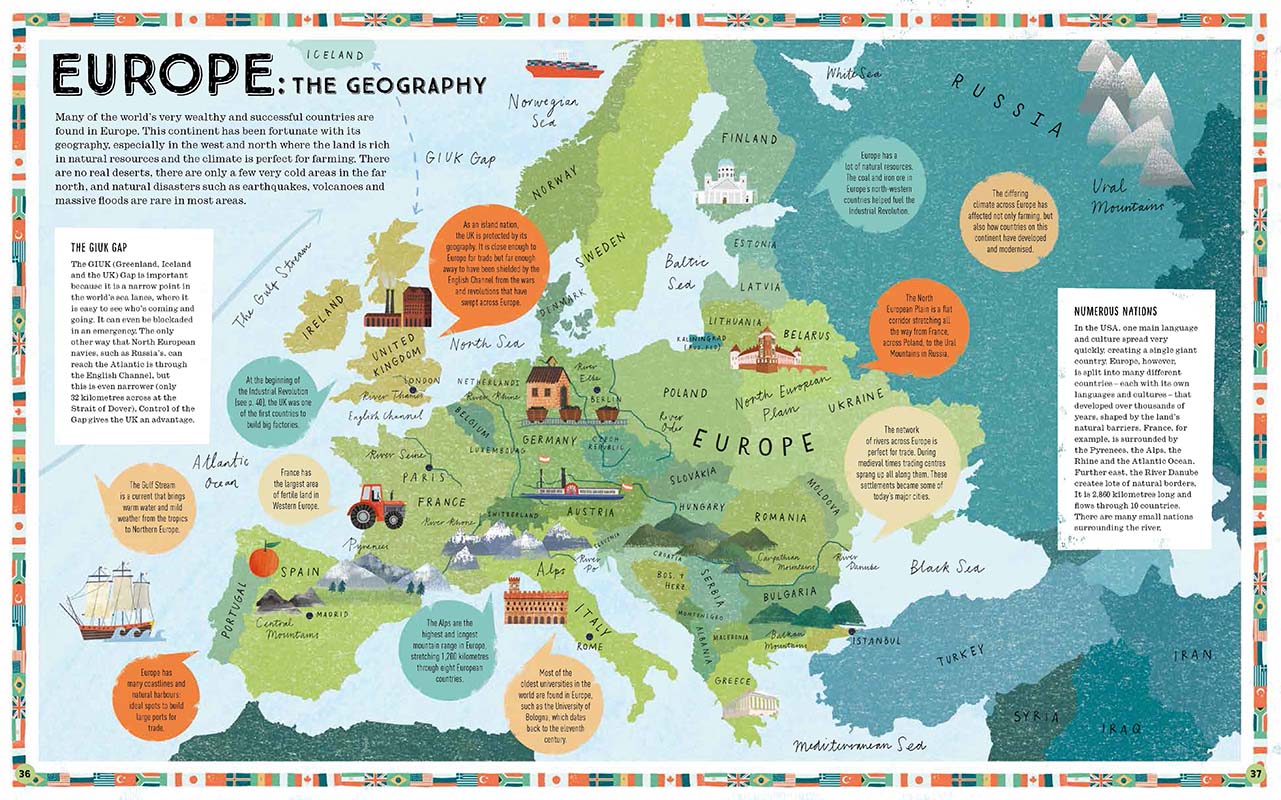
Before researching Europe before 1914, look at the following countries and work out the answers to the questions below.

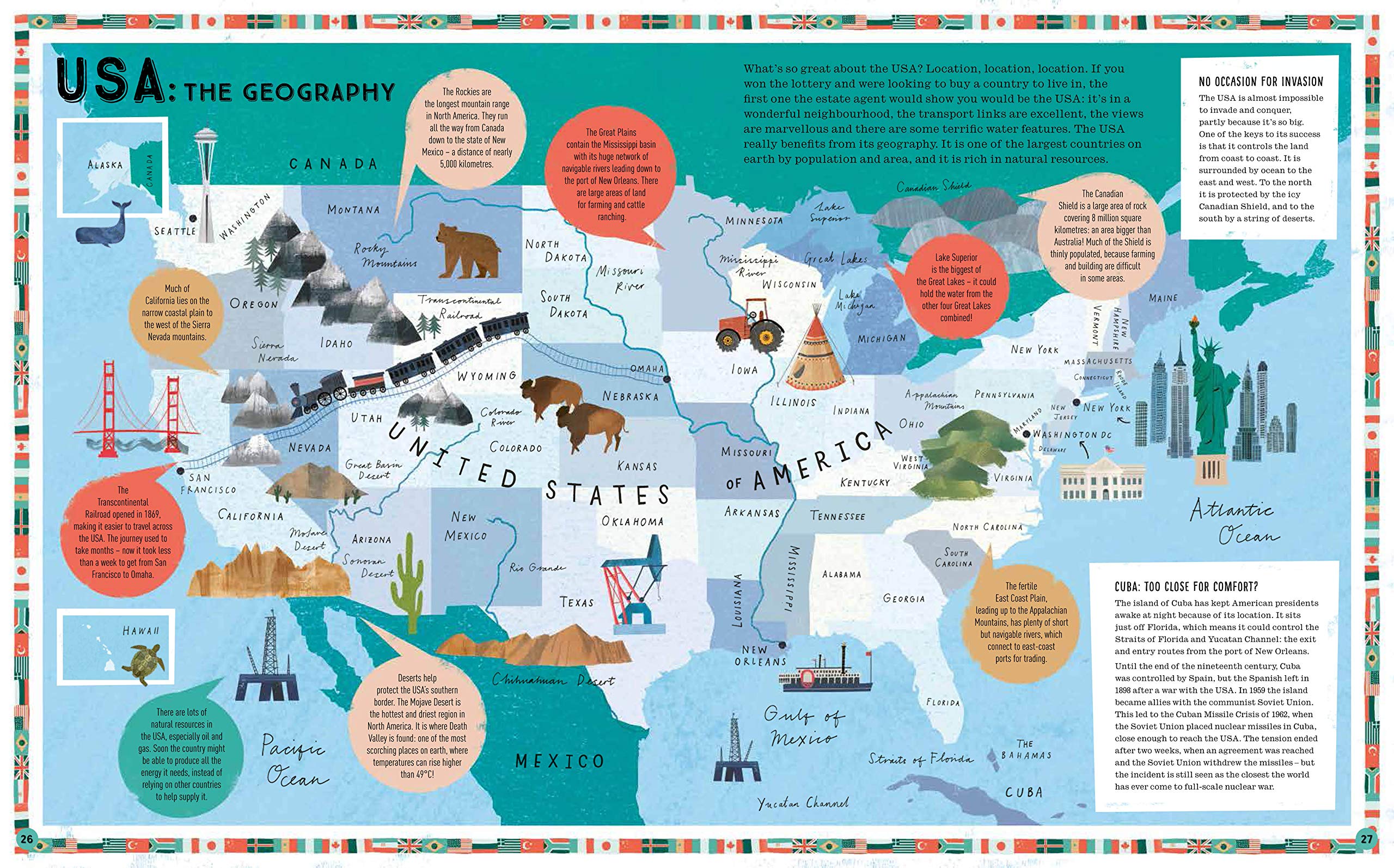

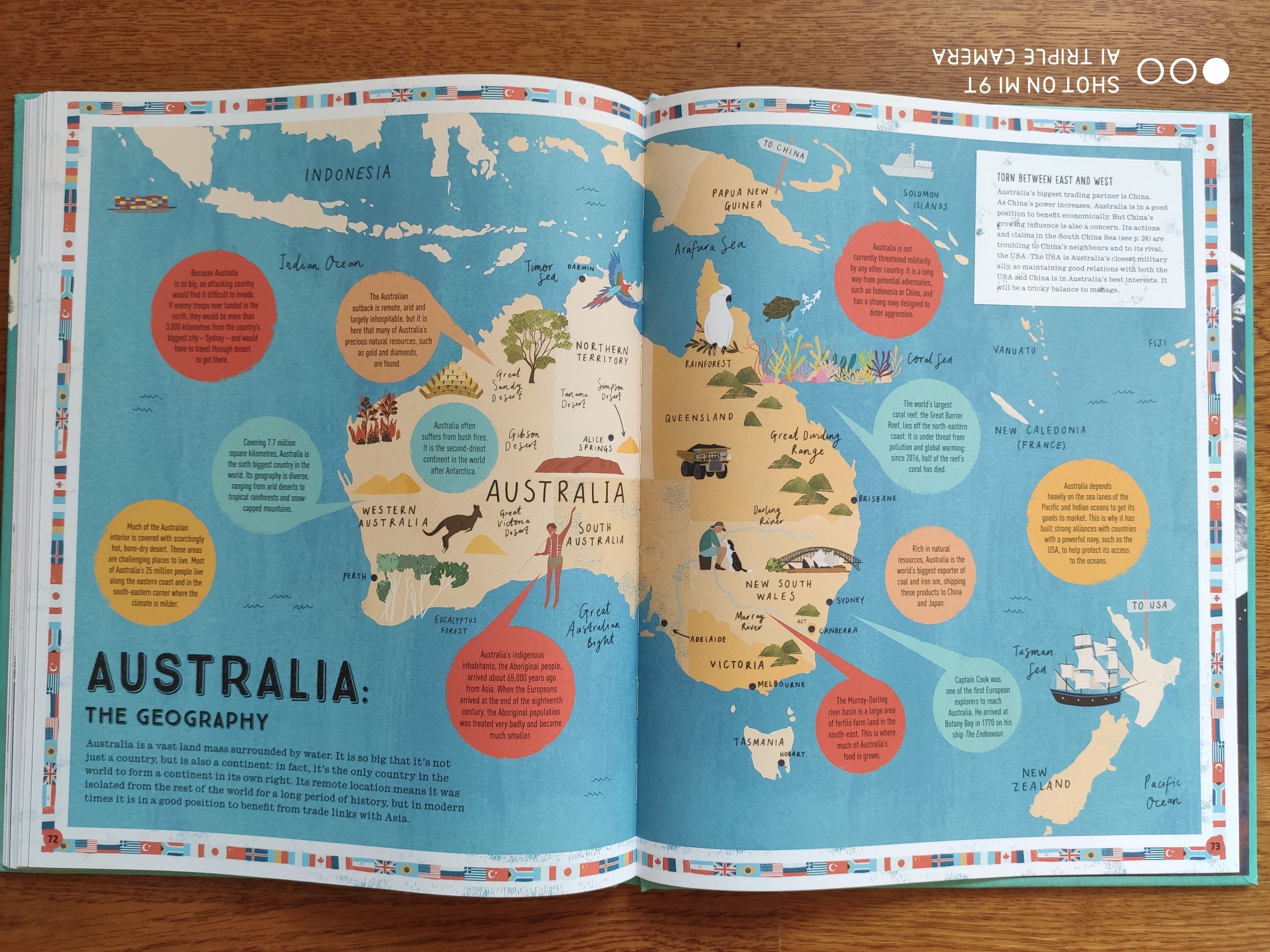
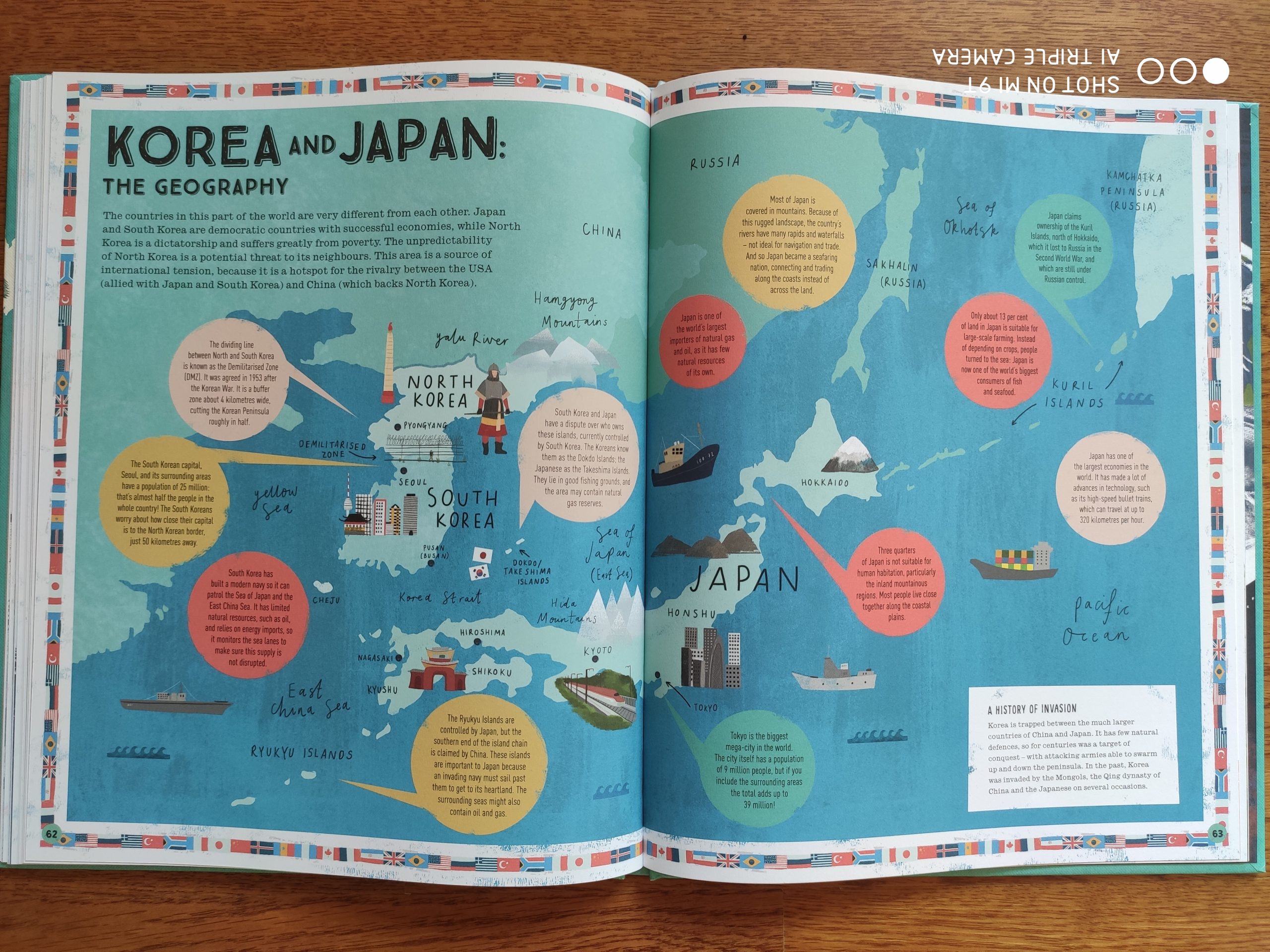
For each country/continent, work out,
- What are the aims of each individual country?
- What are the geographical restrictions for the country?
- What are the geographical advantages of each country?
- Where is each country’s sphere of influence?
- Who are their geographical rivals and why?
Thucydides Trap
The Thucydides Trap is explained in a simple format below,
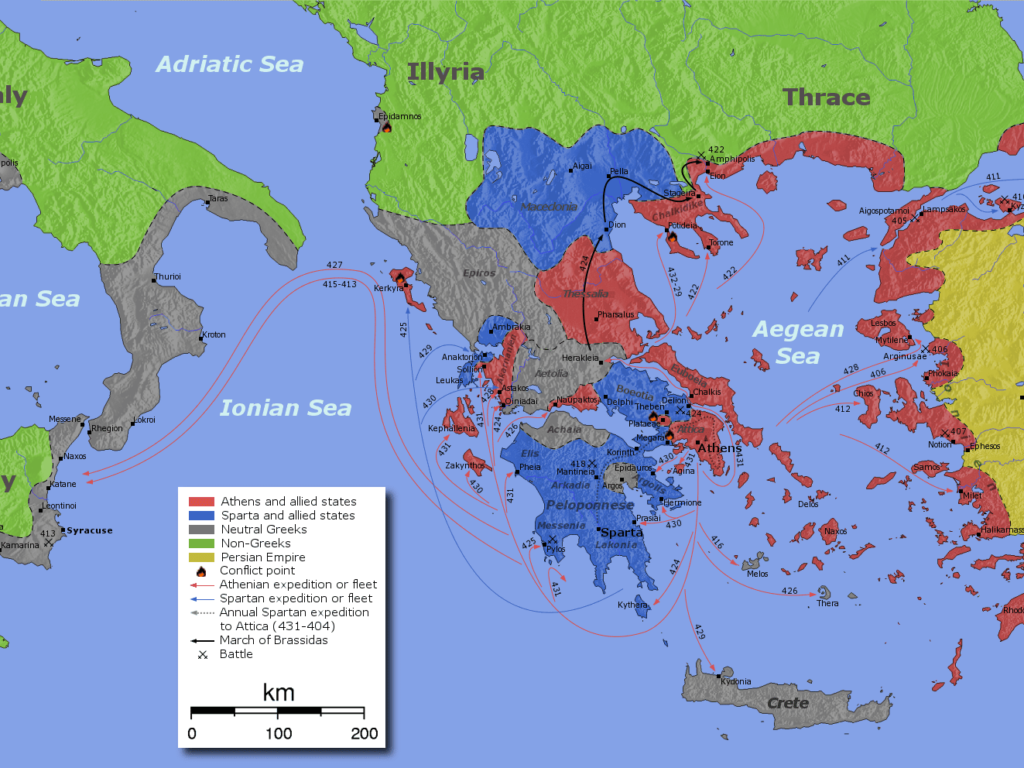
The Thucydides Trap refers to two ancient powers, Athens and Sparta, who went to war in the fifth century B.C. (the Peloponnesian War). Athens went to war because it feared the growing power of Sparta and the latter fought because its ally was fighting Athens. The debate is about the inevitability of war between two rivals powers. You can use this theory when analysing both C20th world wars for the IBDP history course.
Patrick Porter, Professor of International Relations at University of Birmingham, argues that the Thucydides Trap is far from a simple theory. The Athenian admiral Thucydides explains that there are several factors which can propel the two rivals to war: the actions of another power or the economic, political and military environment at the time.
He explains that,
‘Power is the main currency in Thucydides’ history, its gain and loss the chief political concern. In this respect, Thucydides was a direct ancestor to modern realism and articulated the regard for what Robert Gilpin called ‘the primacy in all political life of power and security in human motivation.’ Pericles’ famous funeral speech of Athenian self-celebration dwells most on Athens’ power, the asset that makes and protects all else. The need to acquire power to ward off danger tends to trump other impulses.’
Can you see any parallels between the causes of the Peloponnesian War and a possible conflict between China and the United States?
- Sparta was reluctant to go to war against the strong naval power of Athens but eventually chose to do so. Its own power was in its army so had to build a powerful navy to eventually win.
- A Spartan ally, Corinth, was at war with Athens. If it was defeated this would reduce the influence Sparta had in Ancient Greece and the Mediterranean Sea. Athens was concerned about Sparta’s growing power so purposely tried to weaken Corinth to therefore weaken her rival.
China is gradually reducing the gap between itself and the United States. Perhaps in the future, it could overtake and become the leading economic, political and military power in the world. Consider the following images.

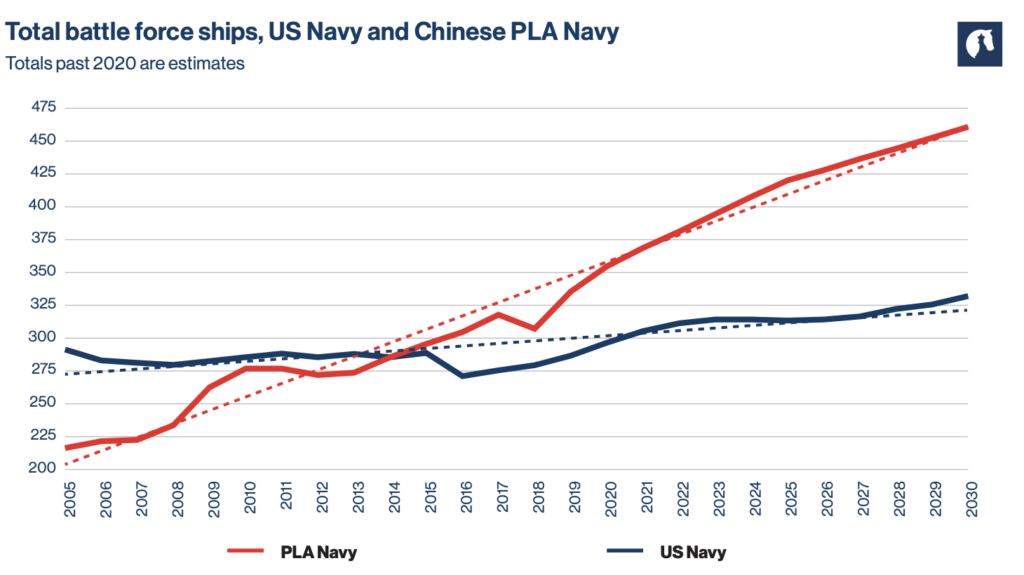
Two key questions can be answered here.
- If there is a conflict, who is more likely to start it?
- How can it be avoided?
Is China’s Massive Belt and Road Initiative aiming to influence or even rule Asia, politically and economically rather than militarily?

Is the US aiming to counter this via AUKUS and G7 plans?
Alternatively, are the United States and their allies encircling China?
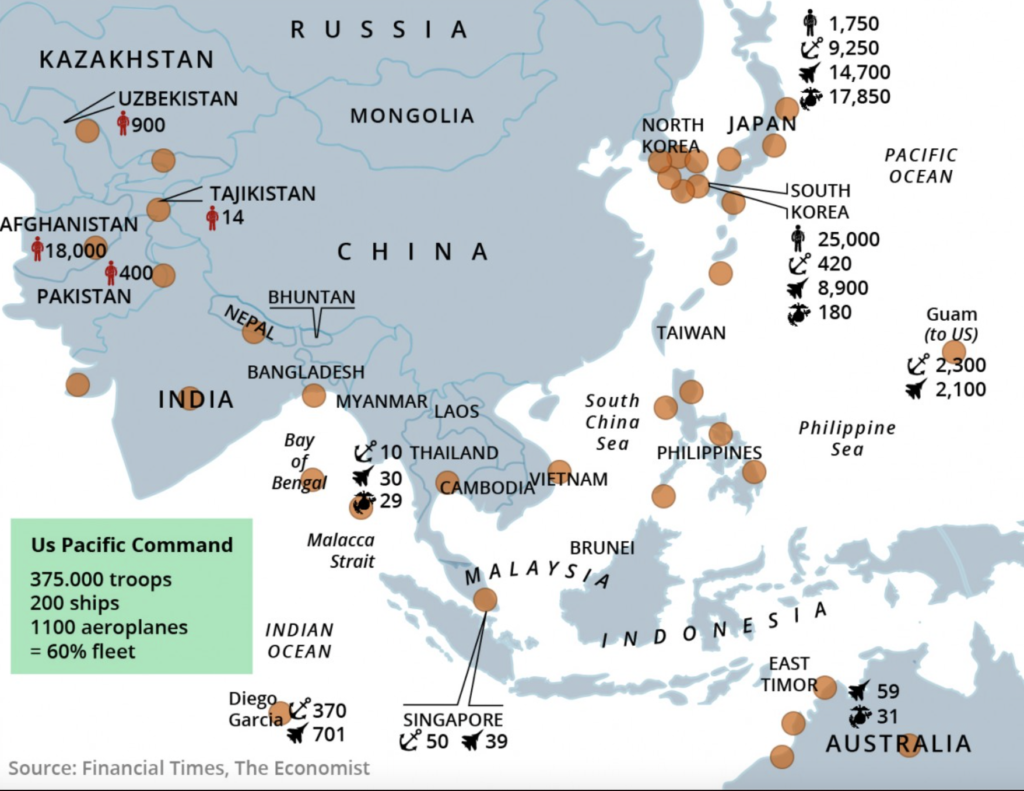
…and restricting her trading routes?
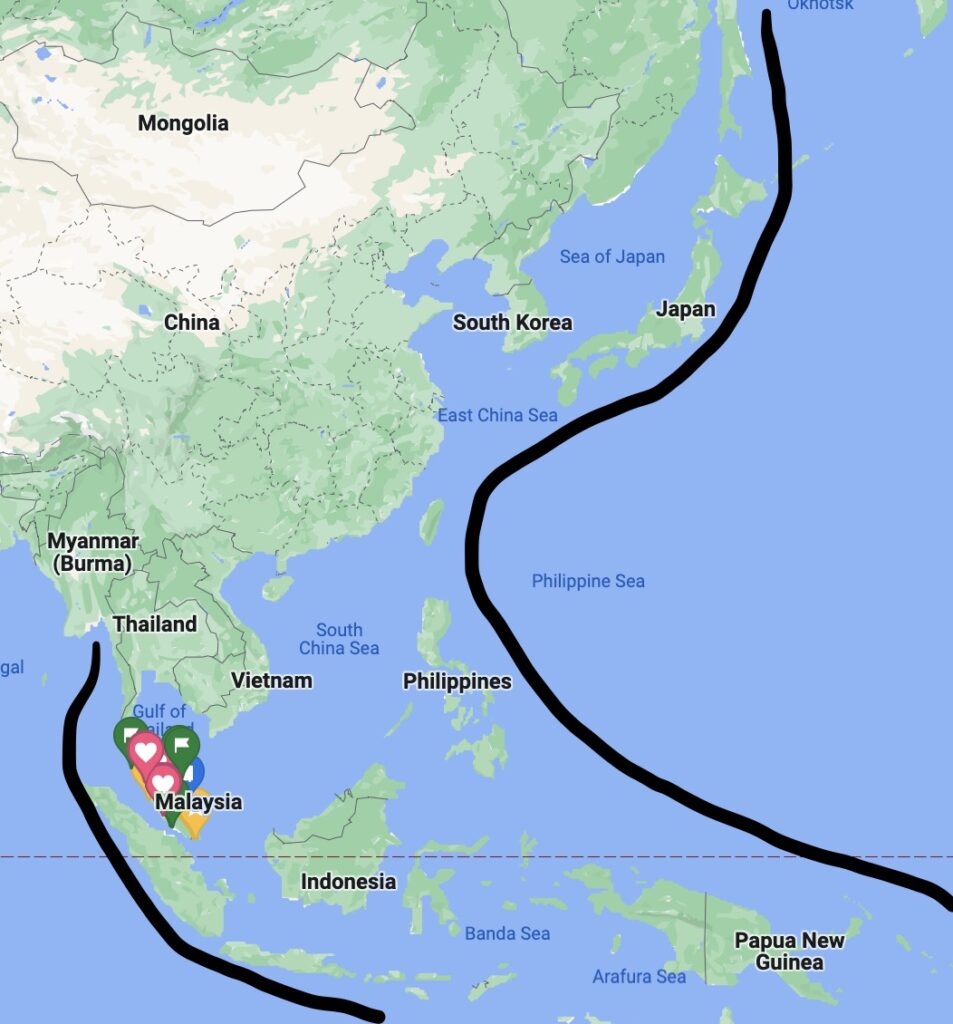
So is it inevitable that the United States and China go to war? The Thucydides Trap video above shows the following image,
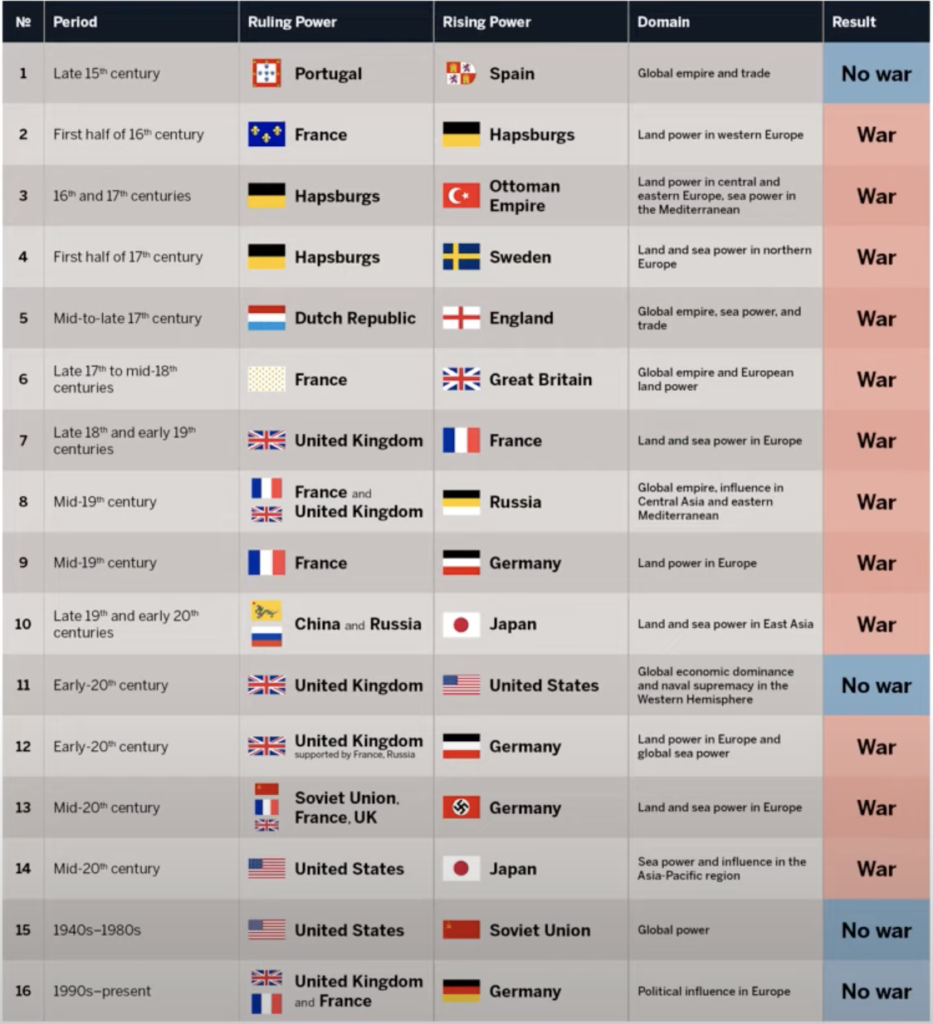
so it seems like a conflict is more likely than not. Time will tell and hopefully your answers to question 2 will be acted upon.
How does the Thucydides Trap and the current rivalry impact your studies within the IBDP history course?
- You may argue for or against that the First World War was caused by the Thucydides Trap.
- You may see how the fear of a rival could determine why a country acted aggressively.
- You will see the impact of military in a nation’s foreign policy.
- You may see how the actions of a third party or ally can lead to tensions between two rivals.
Political Spectrum
The political spectrum allows you to label the thoughts and ideas of others and yourself. Generally, the majority of people fit between centre-left and centre-right. But when the political or economic conditions of the country are severe, far-left or far-right tend to have more support. As a student of history, it is important to identify and understand the labels above. If Stalin is labelled as Communist, you need to know where this is on the spectrum and why it is positioned there. The labels are used to describe groups and individuals by historians and by the historical actors too. Furthermore, it is important to recognise the possible political bias within a source. Is the author on the right or the left, can this affect the objectivity of the text for example?
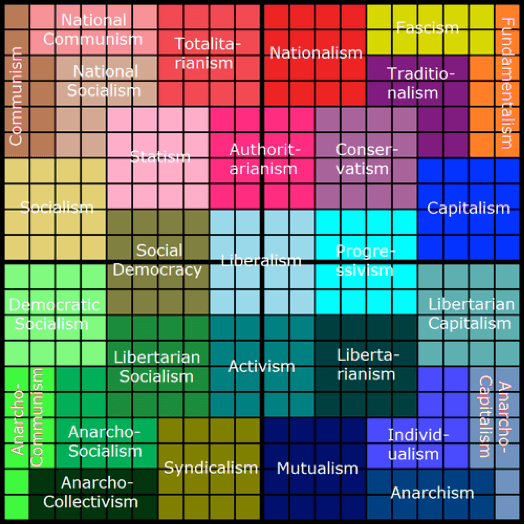
It is useful to find out where you are on the political spectrum. It may help you become more objective when reading sources and the work of historians.
Where am I on the political spectrum?
Once you have completed the survey, make sure you understand what the label means.
- The Malaysian government has implemented a series of policies which have restricted the freedoms of its people in order to combat Covid-19.
- Where does this place the government on the political spectrum?
- How does the result of the survey affect your perspective on the government’s decisions?
- The UK, amongst many other countries, is debating whether people should be required to have been vaccinated to access most available services, e.g. restaurants, cinema, public sector.
- Should a person in the UK be required to have two jabs before entering a restaurant?
- From the political spectrum, who would argue they should and why?
- From the political spectrum, who would argue they should not and why?
- How does the result of the survey affect your perspective on this issue?
- How does the label on the spectrum affect your view of President Xi (China), President Biden (US), President Rodrigo Duterte (Philippines), President Putin (Russia), Prime Minister Erdogan (Turkey) or others? Where are they positioned on the spectrum?
- How will the explanation of your political identity affect your future thinking of politics? (This links to TOK – what knowledge am I using to develop judgements?).
- How important do you think one’s political identity influences history and/or the historian? Yes and no.
- There are controversies over how relevant and accurate the political spectrum is. Can you work out what they are?
